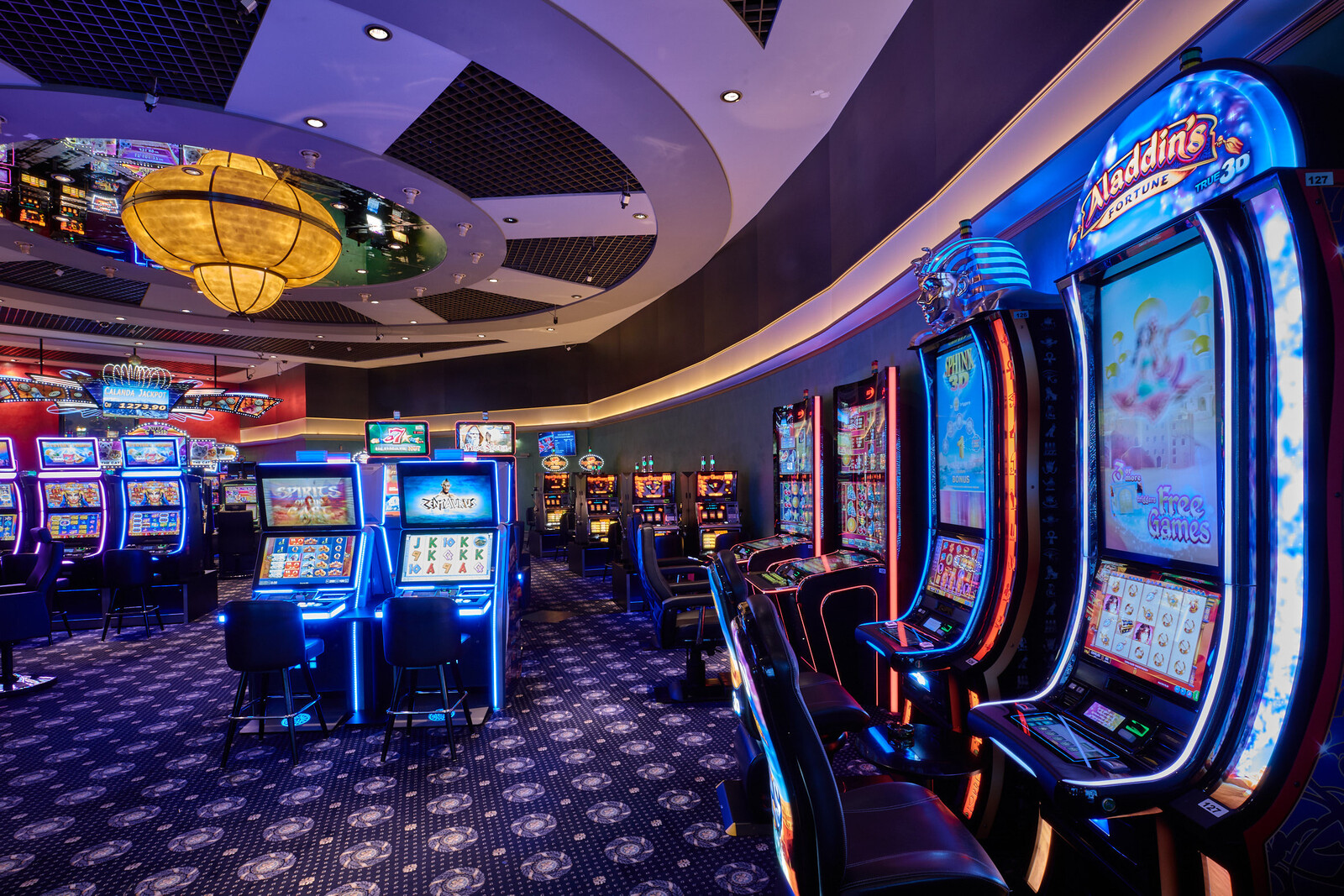
When we think of gambling games, the first images that frequently cross our minds are those of spinning wheel devices, card tokens clinking on felt surfaces, and dice flying across a betting area. While numerous consider these activities as mere hobbies fueled by luck, a more profound exploration reveals a fascinating blend of tactics, expertise, and social interaction that raises them well beyond simple luck. Whether you are a experienced player or a curious newcomer, grasping the nuances of these activities can greatly enhance your enjoyment and appreciation.
Gambling games have evolved over centuries, with different cultures contributing to their rich histories and different forms. From the intricate tactics of 21 to the deception tactics in poker, players engage in a battle of wits as much as a gamble on numbers. This dynamic interplay between luck and expertise creates a exciting atmosphere that draws millions to casinos worldwide. okwin tv As we delve into the realm of table activities, we will uncover the methods that can tilt the odds in your favor and the community aspects that make these activities a popular choice for entertainment and engagement.
The Strategy of Casino Gaming
Table games frequently involve a mix of skill and chance, which makes them intriguing for players who like a challenge. Each game has its own set of rules and tactics that can influence the results. For instance, in titles like blackjack, players are obliged to use strategies like card counting and grasping the probabilities to make smart decisions. This skill set can greatly improve their winning potential, distinguishing experienced players from novices who may rely solely on luck.
Conversely, games such as the roulette may appear to be purely based on luck, but tactical thinking can also play into the equation. Participants can select between various betting tactics, such as the Martingale system, where they raise their wagers after a loss. This approach can establish a more methodical approach to the game. Understanding the odds of specific wagers can also help players make better decisions on the table, showcasing that even games of chance, tactics can enhance the experience.
Furthermore, poker stands out as a title that heavily emphasizes strategy. In contrast to most gaming games, the game of poker combines ability, psychology, and chance. Players must not only concentrate on the cards they are given but also take into account their opponents behavior and wagering patterns. Mastering principles like position, the odds of the pot, and reading bluffs is essential for success. This depth of strategy in poker often creates to a more immersive experience for participants, as the decisions and skills greatly affect the game’s outcome.
Comprehending Likelihood and Odds
In the domain of gambling activities, probability and odds hold a vital role in determining a player’s possible results. Every activity has its own set of principles that dictate how the chance of succeeding or failing is measured. For case, in matches like blackjack, players have a chance to affect their odds through planning, whereas in matches like the wheel, the results are exclusively governed by luck. Comprehending how these probabilities are calculated can substantially impact how a player deals with the match.
Ratios are typically expressed in two forms: ratio and decimal. Ratio odds represent the proportion of the amount gained to the amount staked, whereas decimal ratios show the total payout for a successful bet, including the initial bet. For instance, if a game has ratios of 5 to 1, this implies that for every one dollar staked, a gambler could gain five units if they win. xem bóng đá trực tiếp Learning how to read these ratios enables players to assess their possible winnings and make more educated choices during gameplay.
Gamblers should also be conscious of the house edge, which is the casino’s inherent advantage over the gamblers. Each game has a different house edge, and grasping this concept is essential for managing one’s hopes and funds. Activities with a reduced house edge, such as blackjack and baccarat, typically offer superior ratios for players compared to activities like slot machines and keno. By acknowledging the connection between chance, odds, and the casino advantage, gamblers can improve their gambling experience and plan more efficiently.
The Exciting Aspect of Table Gaming
Table games at casinos are often seen as a center of social interaction, bringing players together in a shared experience that extends far beyond the mere act of playing games. The atmosphere at a poker table can be vibrant, with players engaging not only with the game itself but also with one another. Joy, excitement, and, occasionally, friendly banter create connections that improve the overall experience of the gaming experience. This communal aspect can turn a alone endeavor into a dynamic gathering, making casino games particularly appealing.
One of the fascinating elements of gaming at tables is the way it fosters camaraderie among players. Whether it’s collaborating to defeat the dealer at a dice table or sharing stories between hands in a poker game, the environment encourages communication. Players often share advice or strategies, creating a sense of community that enhances the fun. This interpersonal atmosphere can make new gamblers feel included and less intimidated by the competitive nature of casino games. As the game continues, friendships may form, leading to a sense of connection that keeps players coming back to the table.
Moreover, the social aspect of table gaming extends outside just the participants. Casino staff play a crucial role in facilitating interaction and maintaining the flow of the game. Their ability to engage gamblers with warm dialogue and their expertise in managing the table can create an inviting atmosphere. This relationship between participants and staff adds another layer of enjoyment, where players feel connected not only to each other but also to the staff. Such interactions are often what make the experience memorable, as participants leave with stories to tell and relationships made, reinforcing the notion that table games are truly about more than just chance.